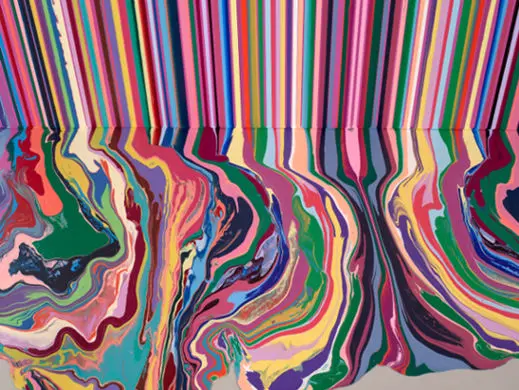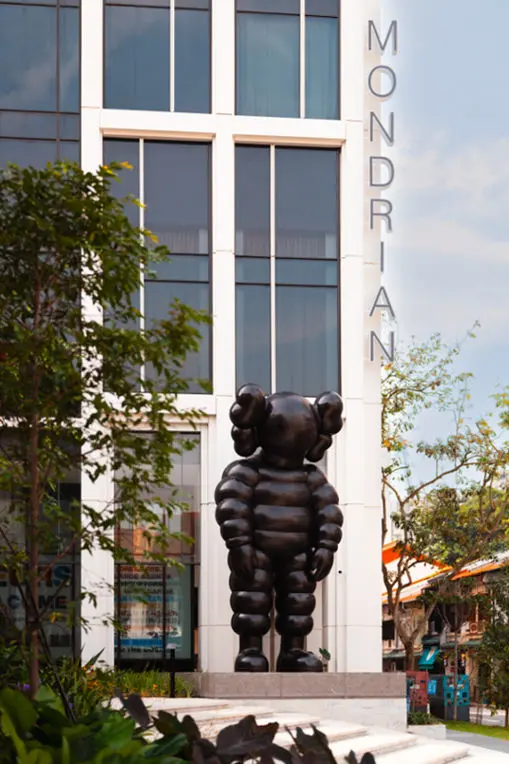“From the beginning, I envisaged Mondrian as the beating heart of this extraordinary city and the new home of art-forward cool, a catalyst to forge connections with like-minded people. “
Accor and Ennismore’s Mondrian brand debuted in Singapore this March with the opening of Mondrian Singapore Duxton. Recently I had an interview with Robert C. Hauck, the hotel’s General Manager to ask him his approach to hospitality, the travel trends he is witnessing, the things he wants to achieve in this new hotel, and more. The accomplished German hotelier was just happy to tell all.
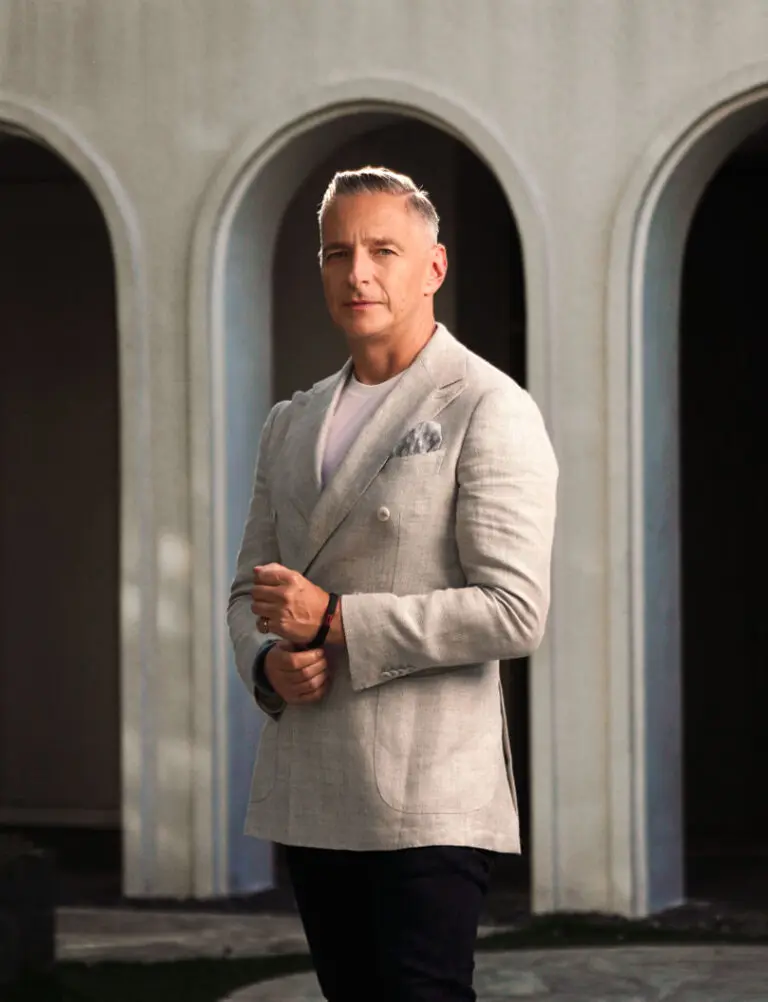
1. Tell us about your journey, how did it all start?
After boarding school, I actually joined the army, and after that, I started studying law. I knew that I didn’t want to be tied to Germany, I wanted to see the world. Since I was a child, I have always loved hotels and restaurants. My path was either going to be the army or hotels, I always loved adventure and both fields offered that. When I began my career, I didn’t want to go straight to hotel school, so I started as a chef as I wanted to start in the industry from the ground up, this was important to me. I then went to Swiss hotel school.
Hotels can be incredibly exciting, but that depends on you. For example at Mondrian Singapore, it is enormously exciting because we are really pushing the envelope and doing things differently.
2. What have and what will you try to accomplish in this hotel?
Mondrian is always located in the most vibrant cultural scenes in the world and the original hotel is in LA, and from the Hollywood Strip to Duxton Hill, we are bringing some of that energy to Singapore. If you look at the original hotel in LA it has an incredible vibe, it’s not just a hotel it’s a destination.
For us at the Mondrian in Singapore it’s about gathering a true community of creatives, freethinkers and the wild at heart, and provoking conversations, imaginations and culture. We are very much a destination for the local scene and bring art, glamour and culinary flair with our fantastic collection of bars and restaurants. Recently, when I’ve been showing people around the hotel they say “this will be my hangout,” and for me this is the greatest compliment.
From the beginning, I envisaged Mondrian as the beating heart of this extraordinary city and the new home of art-forward cool, a catalyst to forge connections with like-minded people. A place to be inspired and connect, somewhere that anything could happen!
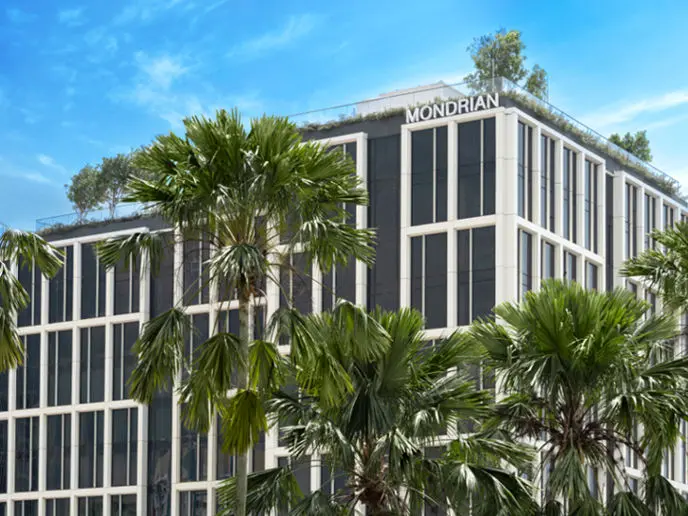
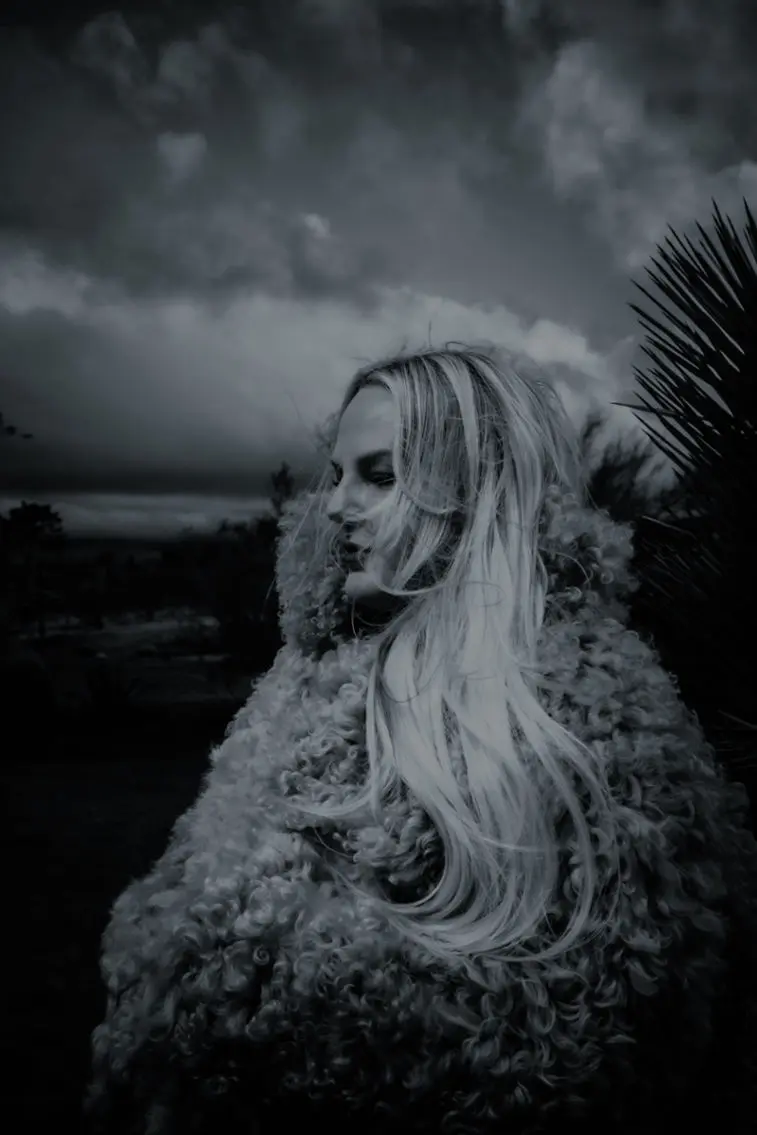
3. What experience have you had in hotel industry?
I have now lived and worked in 15 countries around the world, from my most recent position before Mondrian as the Managing Director of The Langham, Shanghai, to the General Manager and Area Vice President of the Galle Face Hotel. I’ve also worked in the Maldives, Thailand, Cambodia, Taiwan, Hong Kong and Ecuador…the list goes on! I’ve often been told I need to write a book about all of the experiences I’ve had through this journey.
4. In your opinion, what factors contribute to excellent customer service?
Luxury travelers today have seen it all from vintage champagne to Beluga caviar. What makes us different is our people, that is what our guests will remember.
Create engagements and when colleagues feel confident you can achieve extraordinary service when people can see eye to eye with the guests. The old school subservient approach to service is no longer relevant. With the right humble approach, you understand guests on the same level and deliver great service and give staff the empowerment to do this across the whole chain of command. With our unexpected talents strategy, we have embodied this approach. It’s about building the confidence of the staff and we are receiving a lot of positive feedback. People want to work for a brand like Mondrian where they can see there is change and where they won’t lose their character working in hospitality.
Any hotel is only as good as the people who bring it to life and Mondrian has given us the freedom to do something truly innovative in taking a new approach to assembling a team. Sometimes it is the simple things that are luxury or ultra luxury.
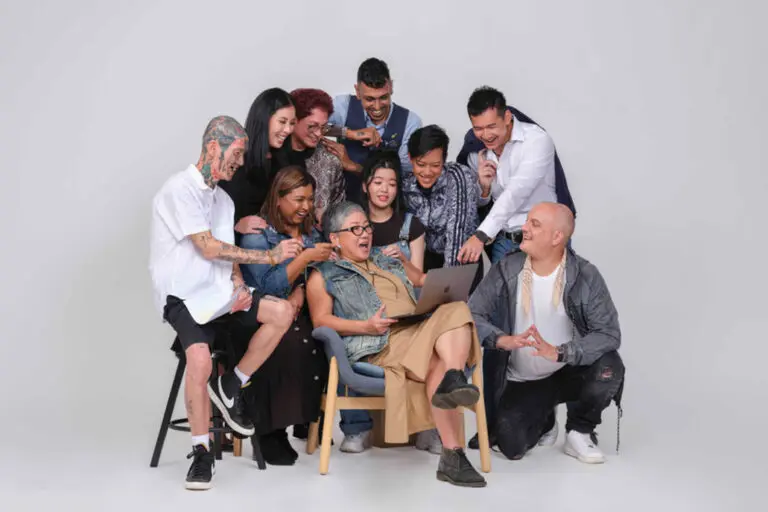
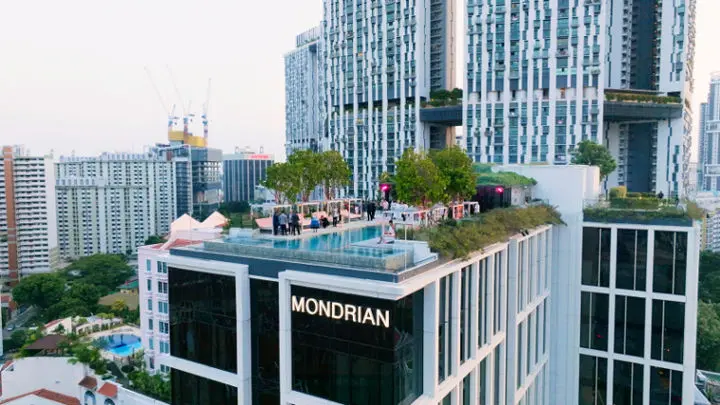
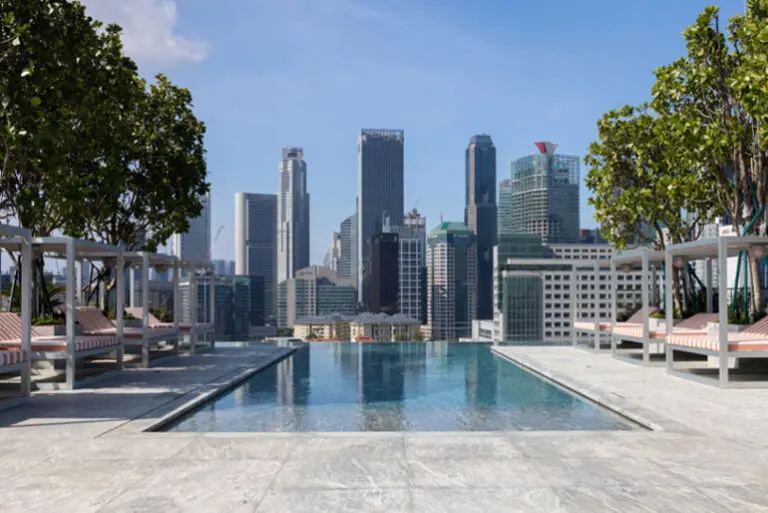
5. What is your leadership style?
My motto at work is to support and help people. I believe in karma, if you do good it may not always come straight back but it will send positive energy in the long run. Support people in their career path and make them shine.
What I like to do is set the direction, when you do something very innovative not everybody will understand it from the beginning. If everybody agrees to it from the offset you risk mediocrity, you have to push the envelope and be true to you your vision. Once everybody gets the vision they move forward and will ultimately have better ideas. You need to give people freedom and space to express their personality and their ideas.
6. What are your greatest strengths?
For me success means seeing opportunities where others don’t see them and turning an underdog situation into a winning project, while taking people along on the journey. That for me is success. It isn’t about money or position, for me, success comes from being innovative and seeing opportunities, and turning them into something extraordinary.
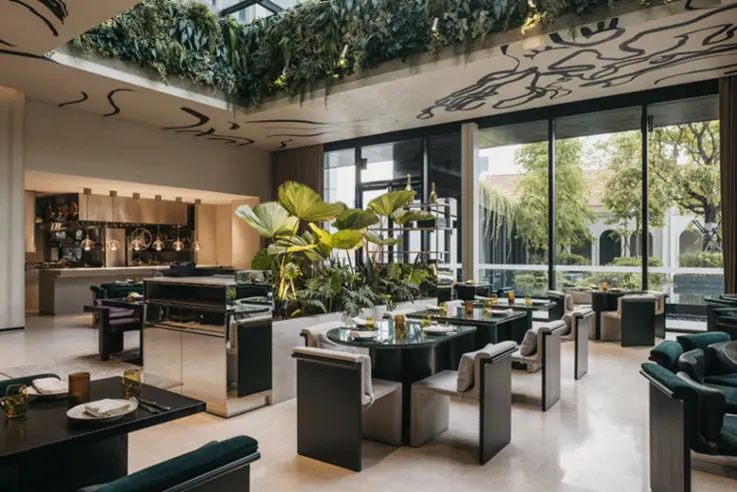
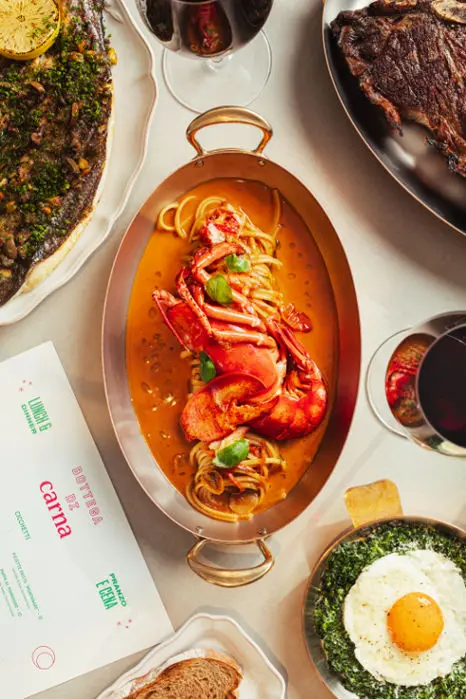
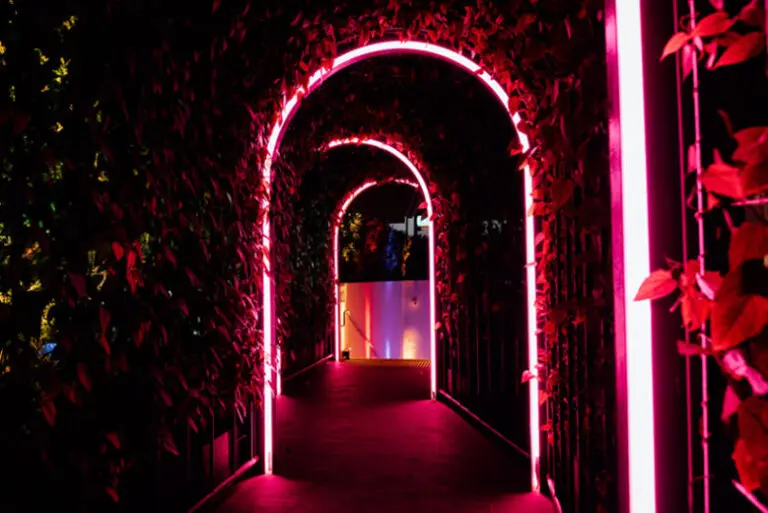
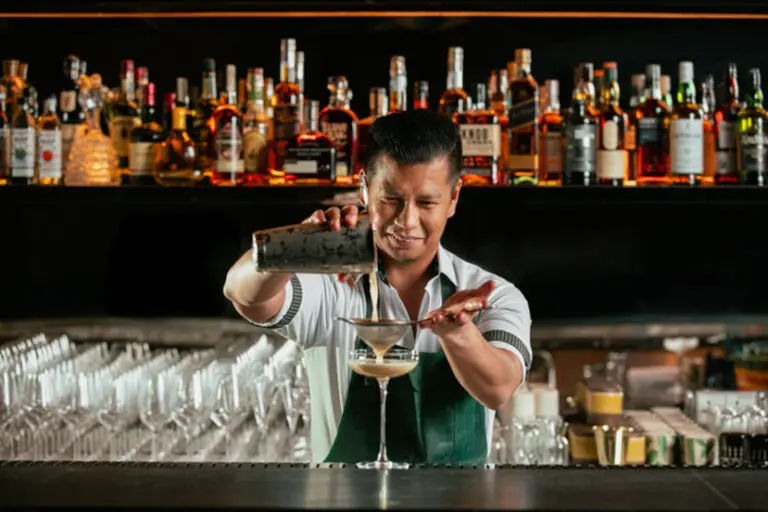
7. In your opinion, what is the most challenging aspect of a hotel manager’s job?
It’s a give and take. At Mondrian we want to do things differently, as I mentioned above. If you want truly creative people, they may not be so good on the reports and the procedures. But our guests find what we are doing so refreshing, they love the engagement, the energy, the ideas. To do this properly it takes serious commitment and energy. You have to mould a team, cleanse the hierarchical hotel mind. Fear is the mind-killer, the enemy of creativity. I try to teach my guys to have no fear upwards. Be respectful, challenge the status quo, and always be real and honest.
When you work with a group of people as a leader, even though there can of course be crises, you have to project a sense of calm. I find calmness in photography, sport and by focusing on the positive energy in my life.
8. What are some of the new trends the hotel is witnessing
I believe hospitality needs to move forward, I recall one of the leading hoteliers 25 years ago saying in the future hotels will close, not because there are no guests, but because there are no people to serve them.
In a world at war for talent, the power of people has never been more important. But hospitality is losing that war, strangled by hierarchies and traditions, and an adversity to risk. Everyone wants creative people but then they stifle them in layers of reporting, brand guidelines and chains of command.
At Mondrian we went out on a limb and had a clear vision of how we wanted to build the team, with a strong mix of very seasoned, experienced hoteliers in core functions like finance, facilities and revenue and room management, to people who have never worked in hotels to bring a new energy and mindset. We are creating our own DNA. We are provocateurs in this sense. Mondrian Singapore Duxton is electric and eclectic, it’s a place to be inspired and connect, and this comes down to our team.
We literally took to the streets, hung out in bars and clubs, we even went to a tattoo convention. We went where the creatives go and hired almost half of our people from non-hotel backgrounds such as the fashion, music and tech industries, so we could really give guests a different experience. We handed out ‘I like your style, let’s talk’ cards to begin a conversation. We found people like full body-tattooed Ah Seng, who was been hired to be the hip face of Mondrian while also fulfilling his dream of running the hotel’s Bistro 126.
All bets were off, from giving massively experienced and talented retired people a new shot, very young talents a chance to show what they’ve got, sports people, bar people, food people, artists, influencers. We have an all-star cast of extraordinary people.
Truly creative types aren’t naturally drawn to this industry as they fear having their wings clipped or being trapped in rigid traditions. We are changing this, ushering in the era of flat hierarchies, alternative schedules, freedom and flexibility, cross-functional brainstorming and creative thinking.
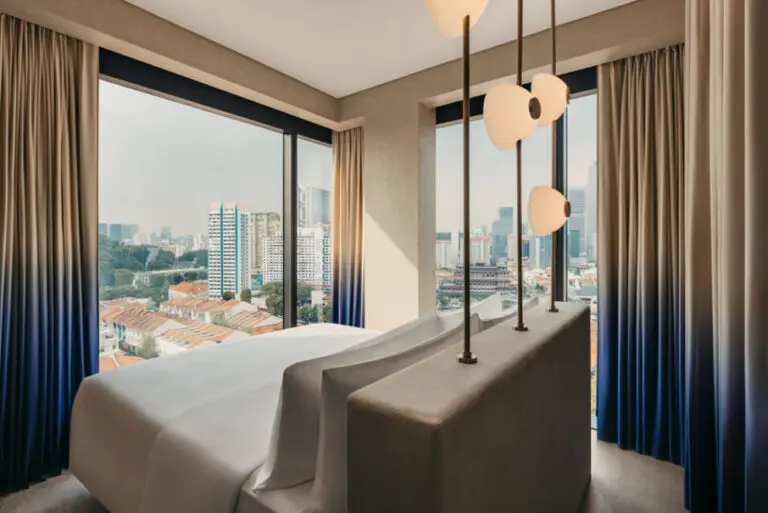
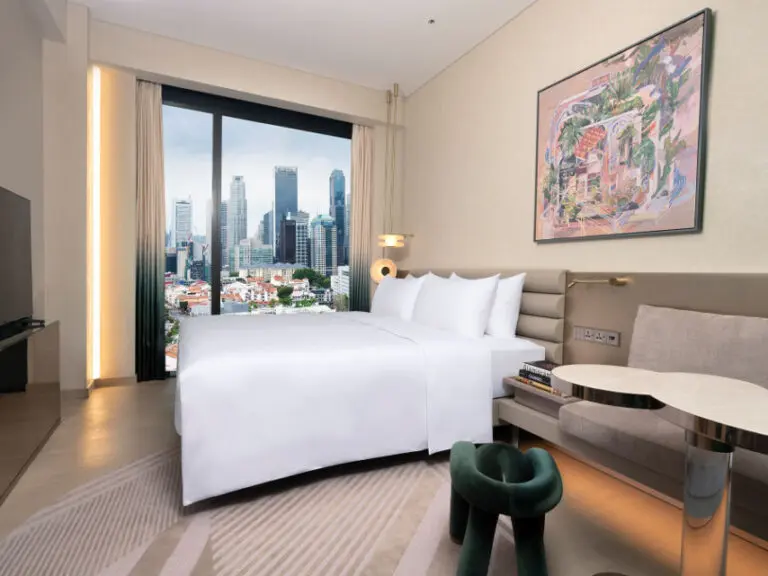
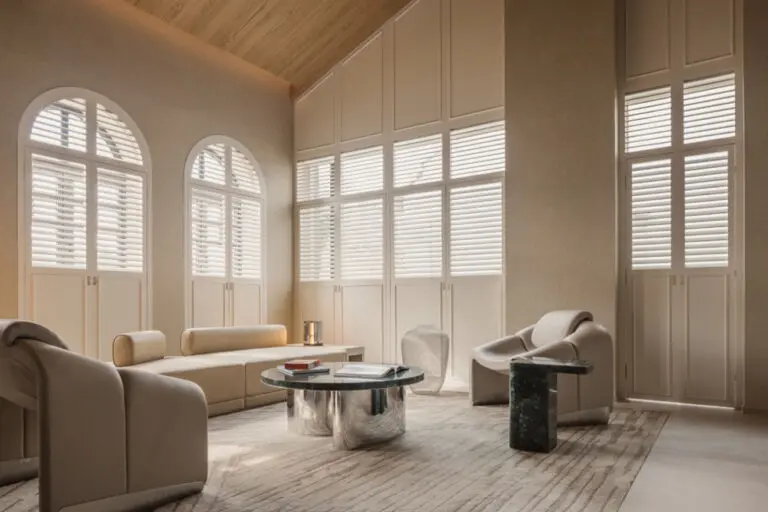
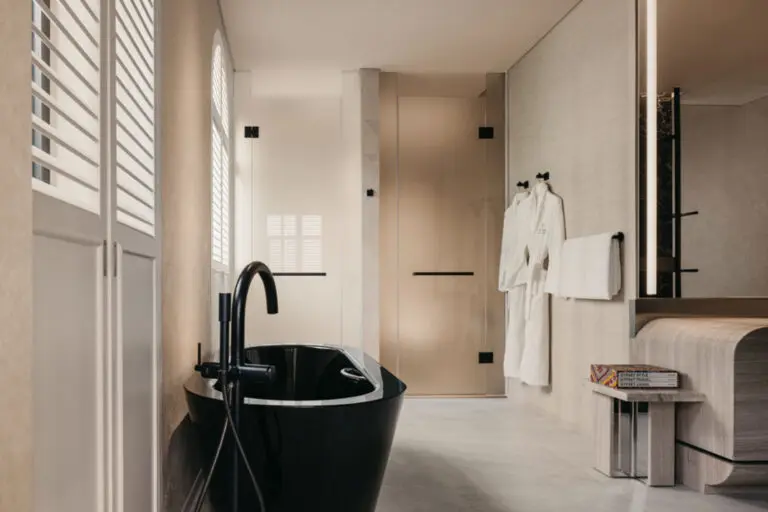
9. What does a typical day look like?
In the life of a hotelier a typical day does not exist and that’s what makes hospitality exciting. A constant in my day would be being an orchestrator and conductor that forges the right team together to create an incredible experience for our guests.
10. What attractions would you recommend to hotel guests?
Show them the real Singapore by bringing them to the offbeat areas which many visitors may not explore. The Duxton area where the Mondrian is located is perhaps one of the most underrated places on the edge of Chinatown with lots of places for curious visitors to explore. Duxton has such a rich history and we couldn’t ask for a better home, we are surrounded by the best bars, restaurants, nightlife, boutiques and galleries in the city.
11. What is the USP (Unique Selling Proposition) of the hotel? How has the hotel positioned itself in this competitive market?
Deep inside everybody wants to be a provocateur, we are all wild-at-heart, and this is the spirit of Mondrian Singapore Duxton. There is such fantastic creative energy and dynamism in Singapore right now, from the culinary scene to the art world to the entrepreneurial space, and we want to bring all of this together and be the new home for these mavericks and dreamers.
12. What are your interests outside of work?
My hobby is photography and I like to explore the offbeat areas in Singapore with my camera, these are the places where I discover the most about the country, the people, the culture and the history.
